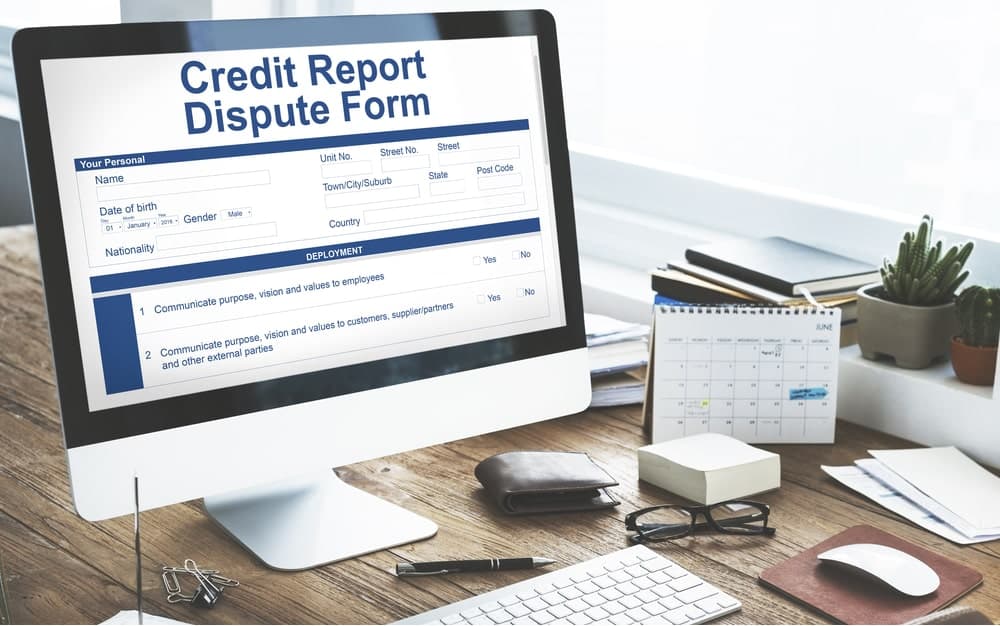There are very good reasons for credit report monitoring whether or not you have ever filed for bankruptcy protection.
If you watch or read the news, you undoubtedly know that identity theft is on the rise, affecting about 16 million people each year. And, both furnishers and credit reporting agencies make mistakes—far more mistakes than you may want to believe. One study revealed that more than 20% of credit reports contained inaccurate information.
Inaccurate information on your credit reports can hurt your credit score. While you probably know that a lower credit score may stop you from opening credit cards, buying a home or financing a vehicle, you may not know just how far-reaching the impact of bad credit can be. If and when you do secure a loan, your interest rate will typically be much higher and your terms less favorable if your credit score is low. And, your credit history affects areas you may never have considered, such as your ability to rent an apartment, the size of the deposit that will be required, and the price of your automobile insurance.
These are all good reasons to take credit report monitoring seriously, but for people who have filed bankruptcy, there’s another compelling reason.
Credit Reporting After Bankruptcy
When a debt has been discharged in bankruptcy, it must be reported (if it’s reported at all) with a zero balance and/or as “discharged in bankruptcy.” Although many people are reasonably concerned about the impact of bankruptcy on credit, there is also an upside: all of those outstanding debts and collection accounts are wiped out. Or, they should be.
Unfortunately, this clean-up doesn’t always play out the way it should. So, if you want to ensure that you get the full benefit of your bankruptcy discharge, credit report monitoring is critical.
Misreporting after Bankruptcy
Some post-bankruptcy reporting inaccuracies are accidental, resulting from sloppy internal processes. But, others are intentional, or the result of other violations of the bankruptcy discharge.
Some examples include:
- An account that was discharged in bankruptcy still shows an outstanding balance on your credit report
- An account that was discharged in bankruptcy shows an inaccurate status, such as “past due”
- An account that was discharged in bankruptcy was sold to a debt buyer or transferred to a collection agency in violation of the automatic stay or discharge and is now appearing as a new entry on your credit report
For those who fail to monitor their credit reports after bankruptcy, these erroneous entries can cause serious problems. For example, some creditors and debt buyers intentionally report uncollectible debts, knowing that if the credit report entry causes a hold-up in the mortgage loan process or some other important application, it will be quicker and easier for you to pay it than to fix it.
Discovery of a new collection or debt buyer account associated with a discharged debt will also tip you off that collection efforts are continuing, and you’ll want to contact the listed collector with information about your bankruptcy discharge. If a creditor or debt collector persists in collection action or reporting past-due balances to credit reporting agencies, that entity is in violation of the bankruptcy discharge order. In serious cases, the bankruptcy case can be reopened to compel the creditor to cease collection activity or credit reporting. In some cases, the creditor or collector will be sanctioned by the court, and in the worst cases may even be ordered to pay damages to the bankruptcy petitioner.
Make the Most of Your Bankruptcy Discharge
The bankruptcy discharge provides an important “fresh start” for people who have become overwhelmed by debt. But, gaining the full advantage of the discharge requires a clear understanding of its protections and how to assert your rights.
If you’re considering bankruptcy and would like to learn more about how the discharge order protects you, call 440-946-7656 or fill out our quick contact form to schedule a free consultation.
The information presented in this post is not legal advice and does not form a lawyer/client relationship. Laws and circumstances can differ and change.
Please contact us for a personal review of your situation







